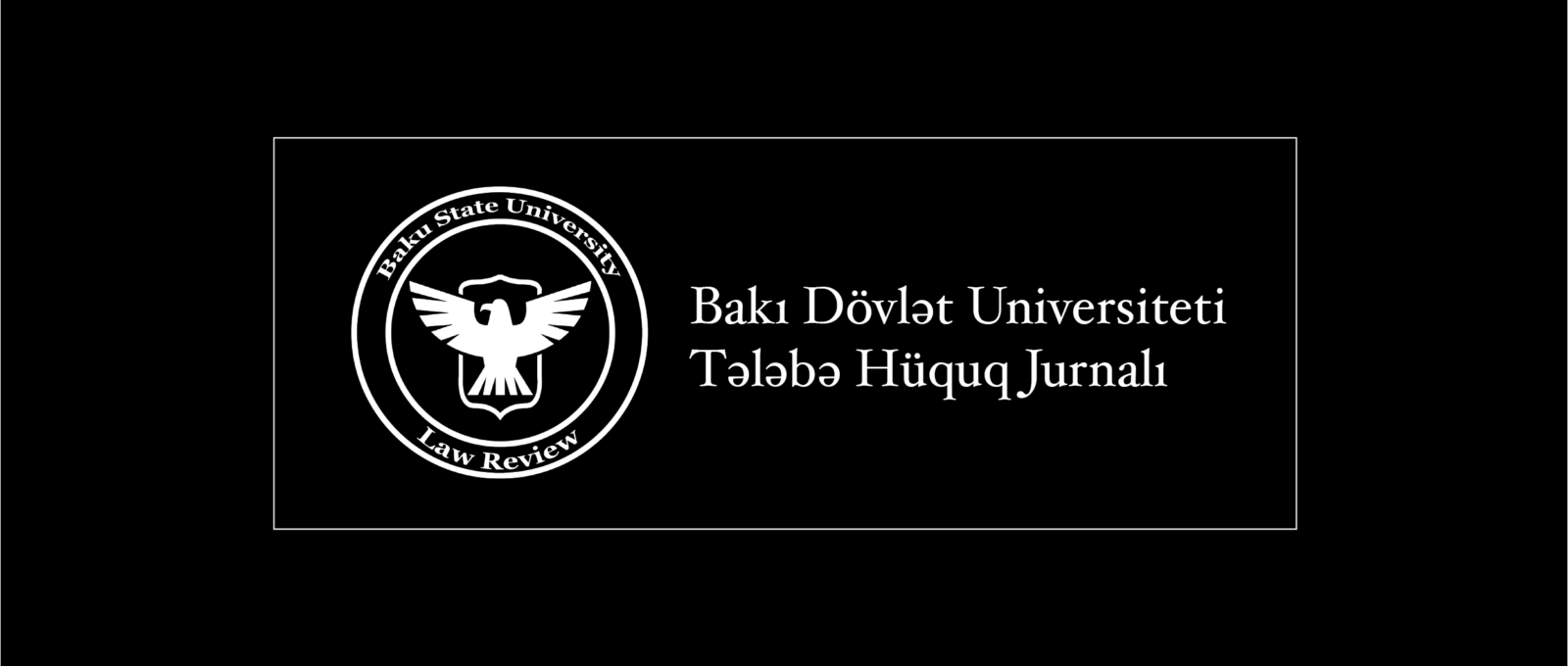Article language: English.
Abstract
Copyright owner has an exclusive right on distribution of his/her work. However, this right is restricted by “first sale” doctrine, which states, that after the first sale of the copyrighted work, distribution rights of the copyright owner is exhausted, and he/she cannot control future sale of the work. Talking about a physical copy of the book, no question arises regarding the application of the “first-sale” doctrine. If the author of the book, sells, gives as a gift, or in any other way transfers the property rights for the copy of the book to another person, he/she loses the control regarding the future sale and transfer of this very copy. However, we are only talking about this very copy, therefore it is illegal to make a copy of the copy and distribute and sell them. A question arises: What if the copy is not physical, but a digital copy? Can we apply the same rules, considering that a copy of physical copy can be determined easily, because of the low quality of each further made copy, while it is not the case regarding digital copies?
Intellectual property law has always been influenced by rapid developments in digital area and technological industry. In recent years, the distribution of copyrighted works concerns not only tangible, but also digital data. The reason for that is obvious: one downloads different kinds of data every day: music, apps, online games, PDF files, such as books, magazines, etc. Now only a few people use CD’s or DVD’s in order to listen to favorite music, or to watch films, TV shows, etc., since we already have such apps as YouTube, Netflix, Spotify, etc. which make it much easier and more comfortable. Would it be fair and appropriate to rely on the same approach with respect to digital works as related to physical works and their copies?
This article, therefore, comprises the overview of the “first sale” doctrine related to copyrighted works and their distribution and reproduction in the digital sphere, comparative analysis of different legal approaches regarding European and international legislation, and the problems and gaps existing in legislations and advantages and disadvantages of accepting the existence of digital exhaustion.
Bu post həm də digər dildə mövcuddur:
Azərbaycanca

